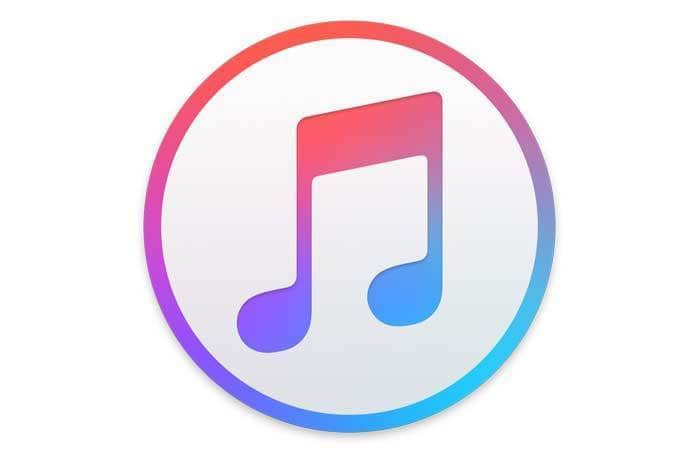
For a company that maintains multiple major operating systems, has its own productivity suite, and even developed one of the most popular web browsers in use, there was a time that the piece of software most identified with Apple was also perhaps the one most viewed as a necessary evil.
Yes, the music-playing/device syncing/media-buying/podcast-listening (and so much more) app was at one time not only a brand unto itself, but also an almost universal experience, as one of the few pieces of Apple software that was ported to Windows computers.
But iTunes may not have much time left on its clock. In recent days, speculation has hinted that the upcoming version of macOS will instead feature separate apps for music, podcasts, TV, and so on, likely based on their iOS counterparts. But those apps lack a lot of iTunes’s more powerful features.
Calls for iTunes’s breakup go back years, but now that it seems to be on the verge of happening, it’s worth considering the things that iTunes actually does well and which deserve to stick around.
Smarter than the average playlist
Anybody can make a playlist of music, but iTunes one-ups that with its offering of Smart Playlists. If you’re not familiar with the feature, it lets you create playlists based on certain criteria: everything from the artist name to the number of stars it has to the beats per minute. Not only does it save you the time of manually assigning songs one-by-one, but it also provides you with playlists that update dynamically over time as you add more songs to your library that meet the criteria you’ve set up.
While Smart Playlists created in iTunes sync to iOS via iCloud, there’s no way to natively create them on iOS devices. And that’s a shame, because although Apple has tried to improve its algorithms in Apple Music to surface new songs you might like, those playlists and stations pull from the whole realm of available music, rather than the music you’ve self-selected into your own library. They’re much more powerful than static playlists and allow users a lot more control over their listening habits. It would be a shame if a new Music app on the Mac did away with them.
Real genius
Speaking of smarter playlists, another feature that’s fallen by the wayside in the iOS Music app is Genius. First introduced back in 2008, Genius was a system that analyzed your music to automatically build playlists of complimentary songs. Just select a song, right-click to choose Genius Suggestions, and then either pick a song from the list, start listening, or save the result to a playlist.
Genius used to be a feature on iOS, but it’s been MIA since iOS 10. Again, while Apple Music’s own playlists and stations have, to a degree, supplanted Genius, that doesn’t help those who aren’t Apple Music customers, nor those who simply want a playlist of music from their own library. I have a sneaking suspicion that Genius probably won’t live to fight another day in whatever replaces iTunes, but I can surely hope.
Media mischief managed
The idea of managing files often seems archaic when it comes to media. After all, what you mostly want to do with your media is play it, and Apple already has a long history of trying to abstract you away from dealing with the nitty gritty of file management. But for all of that, iTunes is actually a pretty solid piece of media management software, and almost all of those features are missing from its iOS counterpart—which isn’t surprising, given that iOS itself has only recently started embracing the concept of a file.
Whereas iOS’s Music app does have a built-in search capability, iTunes has much more power, letting you sort, add and subtract columns of information, download songs or delete them from your library altogether, view and edit metadata, and so on. The metadata feature is particularly powerful, since it gives you the ability to edit things like the music’s genre, rating, and sorting data, as well as other features like a per-song equalizer, specific start and stop points, and even the volume. While most users probably don’t know these features exist, there are definitely power users who have spent a long time getting their library set up just the way they want it. (And while we’re talking power users, this barely even touches upon the huge number of AppleScripts for iTunes created by Doug Adams and others.)
That said, even if Apple does add new standalone media apps in the next version of macOS, it’s unlikely that iTunes is going anywhere immediately. There are too many features that Apple simply doesn’t want to have to recreate—like, say, all of the iOS syncing capabilities. So while iTunes will likely take a backseat to newer apps, it hasn’t yet been tossed from the car—maybe it will last until some of these more complex features find their way to its replacements.
